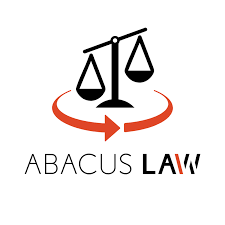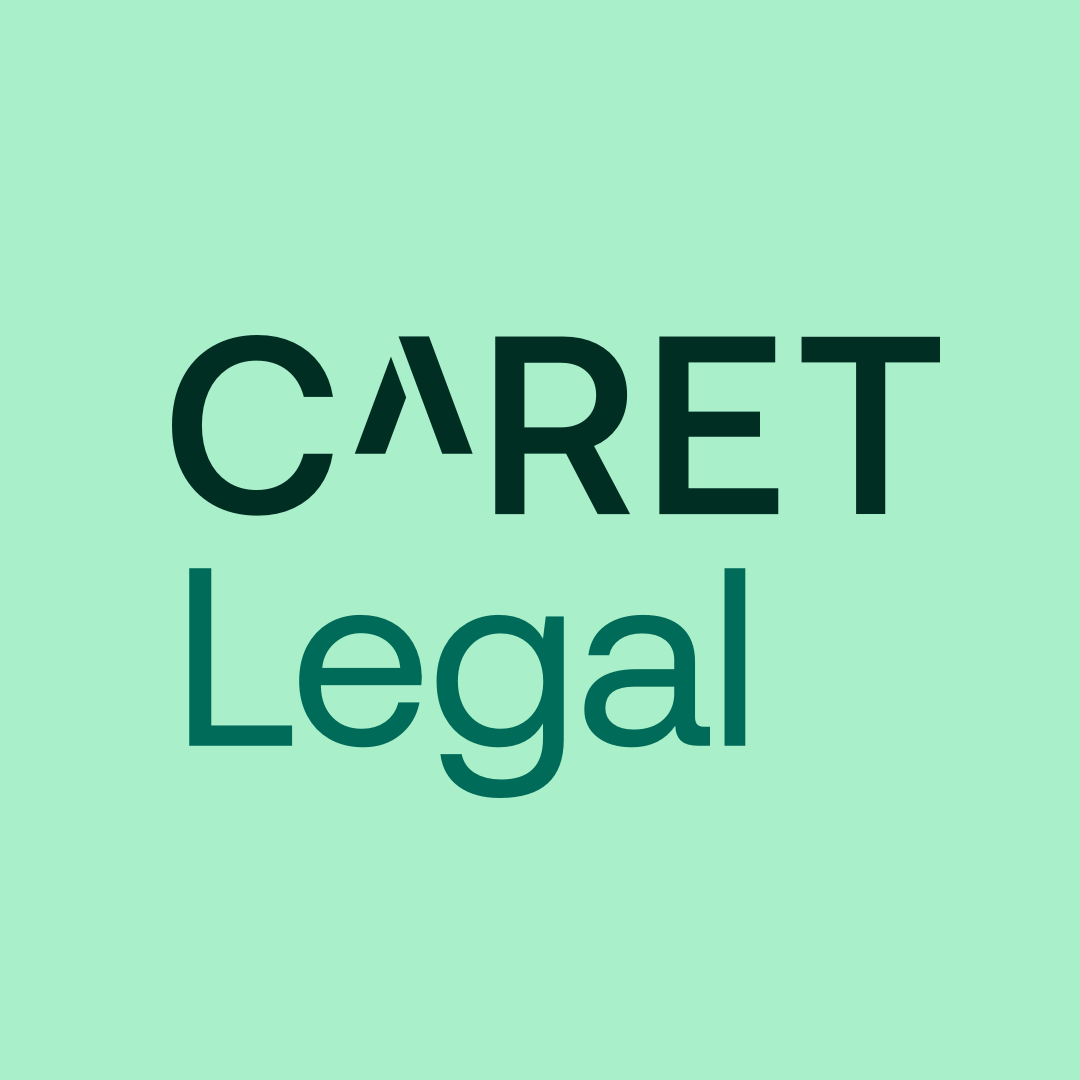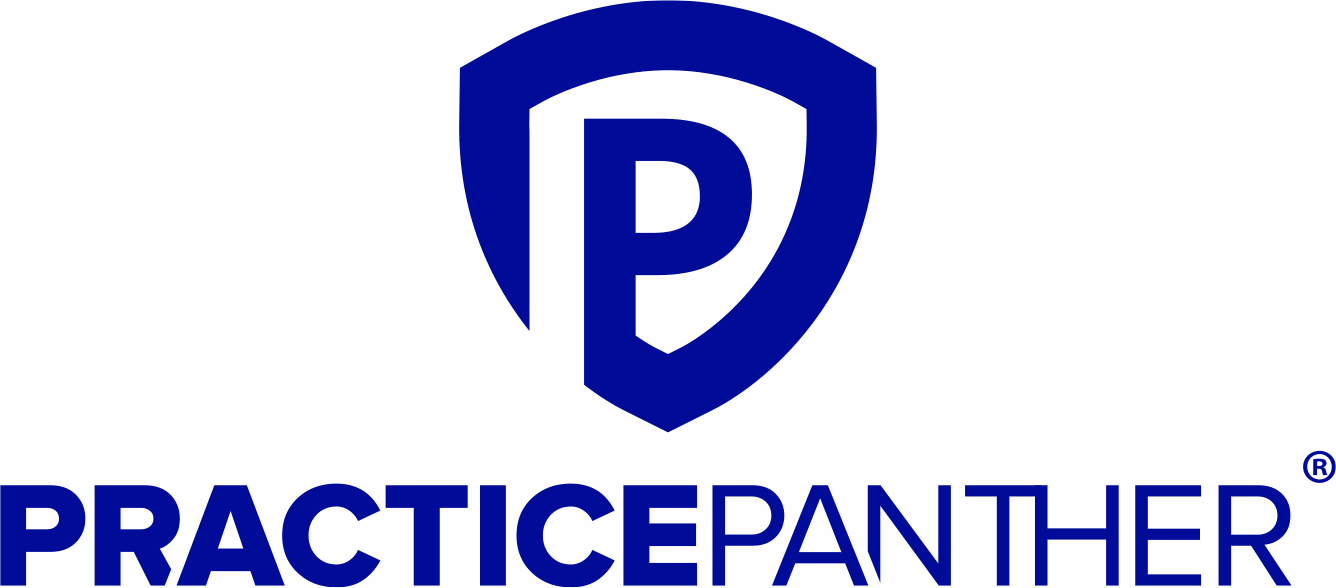What Is Legal Calendaring Software?
Legal calendaring software is a specialist application that helps lawyers manage their hectic calendars and deadlines more effectively. It serves as a virtual assistant, keeping track of crucial court dates, meetings, and other legal-related responsibilities. This type of software is specifically designed to fulfill the demands of law firms, courts, and other legal organizations, giving them a centralized system for staying organized and on top of their legal procedures.
One of the most significant characteristics of legal calendaring software is its ability to sync with other calendars, such as Microsoft Outlook and Google Calendar, to ensure that all important deadlines and events are taken into consideration and that no conflicts arise. It also facilitates team collaboration by making it easier to allocate responsibilities and share case-related information.
In addition to scheduling functions, legal calendaring software often includes document management, task tracking, and time monitoring. These features are particularly beneficial for lawyers who bill their time based on certain tasks and activities. Document management enables legal professionals to conveniently access and organize case-related materials, minimizing the need for physical paper calendars and files.
Some complex legal calendaring software can also work with other legal software and instruments, such as document management systems and case management software. This enables a smoother workflow and a more efficient approach for coordinating and arranging legal actions. When selecting legal calendaring software, consider ease of use, interoperability with existing systems and tools, and customer support.
Look for software that allows you to customize features to meet your organization's specific needs and provides regular upgrades and support to maintain smooth functioning. With the correct legal calendaring software, you can manage your hectic schedule while focusing on what really matters: your clients.
What Are The Recent Trends In Legal Calendaring Software?
Recent trends in legal calendaring software have centered on enhancing efficiency, streamlining operations, and facilitating communication across law firms. One notable trend is the incorporation of cloud-based technology, which enables remote access and real-time changes. This not only allows lawyers to operate remotely, but it also assures that all team members have access to the most recent information.
Another notable trend is the use of artificial intelligence (AI) in legal calendaring software. AI algorithms can assess case data and task deadlines, reliably forecast court results, and suggest tasks and deadlines based on previous case outcomes. This not only saves time, but it also decreases the possibility of missing deadlines or making errors. Developers are also emphasizing user-friendliness and customisation in legal calendar software.
Customizable calendars, task lists, and reminders enable users to personalize the software to their own requirements and preferences. This not only enhances usability, but also aids in task prioritization and workflow efficiencies. Furthermore, the incorporation of communication features like as instant messaging and video conferencing into legal calendaring software has gained popularity.
This enables seamless cooperation among team members, decreasing the need for in-person meetings while increasing overall efficiency. Furthermore, there is an increasing demand for mobile compatibility in legal calendaring software. With the majority of lawyers relying on their cellphones for work, a mobile app that provides on-the-go access to calendars, assignments, and deadlines is critical. Finally, there is a push for data analytics in legal calendaring software. This allows businesses to track and analyze productivity, discover areas for development, and make data-driven decisions to enhance their workflow.
Benefits Of Using Legal Calendaring Software
Legal calendaring software is an invaluable tool for law firms and legal practitioners, allowing them to easily manage and organize their schedules, deadlines, and court appearances. This software is critical for expediting the complicated and time-sensitive tasks associated with legal disputes.
Here are some of the major advantages of using legal calendaring software.
1. Streamlines Case Management: One of the key advantages of legal calendaring software is that it consolidates all of the important dates and deadlines associated with a case in one location. This enables lawyers and their support personnel to keep track of forthcoming court dates, filing deadlines, and other significant events, ensuring that no crucial chores are missed.
2. Improves Productivity: Legal calendaring software allows law firms to automate typical processes like event scheduling and deadline management. This frees up crucial time for lawyers and support workers to work on more pressing issues. It also lowers the possibility of human error, ensuring that critical deadlines are met and cases are resolved swiftly.
3. Increases Efficiency: Legal calendaring software includes features like reminders, notifications, and color-coded event categorization, allowing legal practitioners to stay organized and manage their time effectively. This program also enables for rapid and easy rescheduling of events, reducing disturbance to workflow.
4. Improves Client Communication: Legal calendaring software allows law firms to set up automated reminders and notifications to keep clients informed about forthcoming court dates and deadlines. This increases client happiness and helps to develop stronger client ties.
5. Reduces Risks: Missing deadlines or failing to appear in court can result in serious penalties, such as sanctions, fines, or even dismissal of a case. Legal calendaring software avoids the possibility of such blunders, ensuring that lawyers are always aware of their forthcoming commitments and able to meet them on time.
Important Factors To Consider While Purchasing Legal Calendaring Software?
Legal calendaring software helps law firms and legal practitioners manage and organize their deadlines, appointments, and court dates. With so many options available on the market, it might be difficult to select the best one for your business needs.
Here are some crucial considerations when selecting legal calendaring software:
1. User-Friendly Interface: One important element to examine is the software's user interface. It should be simple, straightforward, and user-friendly. This ensures that your team can quickly adjust to and use the program efficiently.
2. Customization Options: Each law company has a distinct method of managing their schedule and deadlines. As a result, it is critical to select software that provides customizable solutions to meet your individual requirements. Look for options like configurable dashboards, fields, and filters to ensure that the software works best for you.
3. Integration With Existing Systems: Your legal calendaring software should work easily with your current systems, such as practice management software and email platforms. This will allow you to prevent duplication of effort and save time.
4. Deadline Tracking: One of the most important reasons to invest in legal calendaring software is to effectively track deadlines. As a result, ensure sure the software includes features like custom reminders, automatic deadline calculations, and alerts for missed deadlines.
5. Cloud-Based Vs. On-Premise: Determine whether you prefer cloud-based or on-premise software. Cloud-based software has the advantage of being accessible from anywhere, but on-premise software gives you more control over your data but requires IT resources to maintain.
6. Security: In the legal profession, it is critical to guarantee that your data is secure and protected. Look for software that has data encryption, regular backups, and user access limits to protect your data.
7. Mobile Compatibility: With the increasing popularity of remote work, having mobile compatibility for your legal calendaring software is critical. Look for mobile-friendly software that allows you to manage your schedule while on the road.
8. Customer Assistance: Finally, think about how the software vendor handles customer assistance. Make certain that they provide dependable support and prompt assistance in the event of any technological troubles.
By keeping these crucial criteria in mind when selecting legal calendaring software, you can make an informed purchase that meets your company's demands and allows you to manage your schedule more successfully. With the appropriate software, you can streamline your procedures, increase productivity, and meet deadlines, assuring the success of your law company.
What Are The Key Features To Look For In Legal Calendaring Software?
Legal calendaring software helps law firms, single practitioners, and legal professionals manage and organize their daily calendars and deadlines. With so many options on the market, it might be difficult to find the best software for your individual requirements.
To assist you in making an informed decision, below are the essential elements to consider when searching for legal calendaring software:
1. Integration With Legal Practice Management Software: One of the most significant characteristics to look for in legal calendaring software is compatibility with your current legal practice management system. This integration enables continuous communication and data sharing between the two systems, minimizing the need for human data entry and lowering the likelihood of errors.
2. Customizable And Intuitive User Interface: The software should have an easy-to-use interface that is tailored to your company's specific requirements. This means being able to customize the layout, task lists, and reminders to fit your individual workflow and preferences. A clean and intuitive interface will also help new users learn and embrace the product.
3. Automated Reminders And Notifications: Legal professionals who miss deadlines or forget critical dates face serious consequences. Look for software that sends automatic reminders and notifications about future deadlines, court dates, and appointments. This function ensures that you never miss an important date and helps to keep your practice running smoothly.
4. Time Tracking And Billing Integration: Efficient time tracking and billing are critical components of any law business. To improve efficiency, look for legal calendaring software that connects with your billing program. This saves time and reduces the possibility of charging problems for finished services.
5. Multi-User Access And Collaboration: In a legal practice, numerous team members may be assigned distinct tasks connected to a single case. The program should support multi-user access and collaboration, allowing team members to see and amend case information in real time. This tool promotes communication and keeps all team members on the same page.
6. Search And Filtering Capabilities: As your practice increases, so will your caseload and deadlines. Look for software that has advanced search and filtering options, making it easy to locate specific instances, dates, or tasks. This function will save you time and help you manage your calendar more efficiently.
7. Secure And Dependable Cloud-Based Storage: Security is critical when keeping sensitive customer information and case data. Choose software that provides secure cloud-based storage to ensure your data is always safe and accessible from any location. Make sure the software includes reliable backup and disaster recovery solutions to avoid data loss.
Why Do Businesses Need Legal Calendaring Software?
In the legal profession, businesses must manage a large number of deadlines and responsibilities. Missing a court date or filing deadline can have major ramifications, damaging a law firm's reputation and trustworthiness. This is why having dependable legal calendaring software is critical to a business's success. A legal calendaring software is specifically developed to assist legal practitioners in managing their schedules, deadlines, and work efficiently.
One of the primary benefits of legal calendaring software is the ability to consolidate all important legal dates and deadlines into a single location. This reduces the need for human data entry in many systems, reducing the likelihood of errors. It also enables for simple access and tracking of activities and deadlines, lowering the likelihood of missing critical dates.
A unified system allows legal professionals to see a clear picture of their whole process and prioritize their responsibilities accordingly. Furthermore, legal calendaring software includes features customized to the legal sector, such as court rules and jurisdiction-specific deadlines. This guarantees that all deadlines and tasks are calculated correctly and accounted for.
Some software can also automatically update deadlines in the event of court rule changes, saving legal professionals precious time and effort. In addition, legal calendaring software can boost overall efficiency and productivity. Legal practitioners may remain on top of their activities and deadlines using automatic reminders and notifications, decreasing the need for manual follow-ups and the likelihood of missing critical dates.
This helps them to concentrate on more important activities while providing high-quality services to clients. Furthermore, legal calendaring software can assist with improved resource management. It facilitates task scheduling and allocation among team members, ensuring that work is distributed evenly and no one is overburdened with tasks.
This also allows for improved team collaboration and communication, which increases overall efficiency and production. Finally, investing in legal calendar software can result in significant cost savings for firms. By automating tasks and decreasing manual effort, errors are reduced, and more workers are required to manage schedules and deadlines. This not only saves time and effort, but also lowers the business's expenses.
How Much Time Is Required To Implement Legal Calendaring Software?
The time necessary to establish legal calendaring software can vary based on the software and the size of your firm. The process can take anywhere from a few days to several weeks. To ensure a smooth transfer to the new software, start by assessing your present system and data. This stage may take 1-2 days to collect and compile all relevant information.
The actual installation and configuration of the software may take 1-3 days, depending on its complexity and the number of users. This may also include training your team members to ensure they understand the software's capabilities and functionalities. If your organization wants modification or interaction with other systems, the implementation process may take a few days longer.
It is recommended that you share your customisation requirements with the software vendor in advance to ensure a timely deployment. Finally, the testing phase is critical to ensuring that the program is operational and that all data has been transmitted successfully. This could take 2-3 days to fully test and make any necessary improvements. Overall, it is recommended to set aside 1-2 weeks for the adoption of legal calendaring software. This will allow for any unanticipated delays while also ensuring a smooth transition to the new system.
What Is The Level Of Customization Available In Legal Calendaring Software?
Legal calendaring software provides a variety of features and functionalities to assist law firms and legal professionals in managing their calendars and deadlines. When selecting legal calendaring software, one of the most important factors to consider is the extent of customization. This refers to the software's capacity to be personalized and tailored to the user's individual requirements and preferences. Different legal calendar software alternatives provide varying levels of customization.
Some may provide pre-set templates that can be easily adjusted, whilst others provide a higher level of customisation, including the option to define new fields, workflows, and rules. One important factor to consider when determining the level of customization is the capacity to interface with existing systems and workflows. This provides for a more seamless integration of the software into the firm's existing operations while also saving time and effort in setting up and modifying the software. Also, seek for software that enables for user-specific customisation.
This implies that each user may personalize their dashboards and preferences, such as the calendar style and the specific activities and deadlines they need to see. Some complex legal calendaring software also includes the ability to create automated workflows and notifications. This implies that the software may be configured to deliver automatic reminders and notifications for forthcoming tasks and deadlines, significantly simplifying the scheduling process.
Finally, the level of customization available in legal calendaring software will vary, so it is critical to thoroughly consider your alternatives to discover the greatest fit for your individual requirements and tastes. Consider the most critical features and functionalities for your firm, and ensure that the program provides the level of flexibility required to efficiently manage your legal schedule.
Which Industries Can Benefit The Most From Legal Calendaring Software?
Legal calendaring software is a valuable resource for law firms and legal professionals who need to stay organized and on top of their busy calendars. It not only helps you keep track of crucial dates and deadlines, but it also improves communication and collaboration within your team.
While the advantages of legal calendaring software are obvious in the legal business, other industries can profit substantially from its features.
1. Real Estate: The real estate industry is one of the most time-sensitive and deadline-driven sectors. With so many contracts, closings, and appointments to manage, real estate agents and brokers can profit immensely from legal calendaring software. It enables them to remain on top of critical dates like property showings, contract deadlines, and closing dates, resulting in a seamless and efficient process for their clients.
2. Insurance: Insurance firms handle a large number of legal matters, such as claims, policies, and court appearances. Legal calendaring software can assist insurance firms in staying on top of significant dates, such as claim filing deadlines and court appearances, lowering the chance of missing critical deadlines and incurring costly repercussions.
3. Government Agencies: Government entities handle a huge volume of legal issues and are frequently forced to meet severe deadlines. Legal calendaring software can assist government organizations stay organized and on top of critical dates for cases, meetings, and hearings. This not only increases efficiency, but also ensures legal compliance.
4. Healthcare: The healthcare profession is highly regulated, requiring strict adherence to regulatory deadlines and appointments. Legal calendaring software can help medical workers keep track of crucial dates such as patient appointments, medical record requests, and legal proceedings.
5. Nonprofit Organizations: Contracts, grant deadlines, and fundraising activities are all examples of legal issues that non-profit organizations must deal with. Legal calendaring software can assist these businesses in staying organized and on top of significant dates, allowing them to fulfill their responsibilities and meet legal obligations.
Conclusion
After conducting extensive study and analysis of various possibilities, it is evident that legal calendaring software is a necessary tool for any law business or legal professional. These software solutions not only help you organize and manage court dates, deadlines, and appointments, but they also ensure that you follow all legal norms and regulations. Legal calendaring software provides numerous advantages to its customers, ranging from an easy-to-use interface to advanced functions.
It streamlines the entire legal calendaring process and removes the possibility of human error, enhancing efficiency and decreasing the likelihood of missing significant dates. When looking for legal calendaring software, you should examine compatibility with various devices and platforms, integration with other software systems, customization options, and security measures.
Furthermore, it is critical to select a recognized and dependable firm with a demonstrated track record in the legal business. Reading reviews and seeking recommendations from other legal professionals can also help you make an informed decision. Investing in legal calendaring software is a good move for any law business or legal professional trying to optimize their workflow and keep track of deadlines and court dates.
The benefits of time savings, higher productivity, and lower error rates substantially surpass the software's cost. So, take the time to investigate and select the best legal calendaring software that meets your individual requirements, and discover how it may improve your legal practice.



















